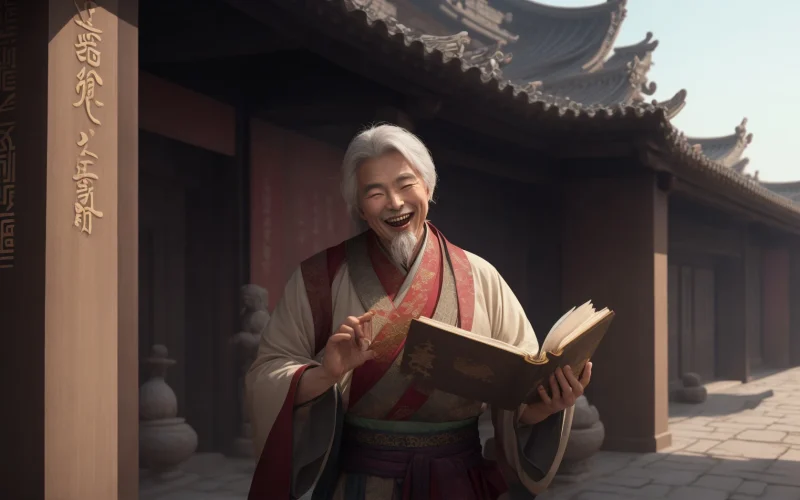Idiom Explanation:
When talking about the rituals and deeds of the past, one forgets all the duties of one's ancestors. It is a metaphor for forgetting one's roots, and for ignorance of the history of one's country.
Pronunciation:
数典忘祖
shǔ diǎn wàng zǔ
Origin book:
《左传·昭公十五年》:“籍谈不能对。宾出,王曰:‘籍父其无后乎,数典而忘其祖。’”
Origin Story:
During the Spring and Autumn Period in China, the state of Jin sent Xun Biao and Ji Tan as envoys to the royal family of Zhou. King Jing of Zhou hosted a banquet for them, and the wine jug used in the banquet was a tribute from the state of Lu, so King Jing asked, "All the vassal states would pay some items to the royal court of Zhou, why is Jin the only state that did not pay any items?" The king replied, "Every vassal state had received gifts from the royal family of Zhou, so they had to offer valuable artifacts in return for the grace of the royal family. Since Jin is located in the deep mountains and remote from the Zhou royal family, there is no way to benefit from the royal grace, and we are poor in dealing with the harassment of the Rong Di, so how can we have anything to contribute?"
King Jing was not convinced, so he counted all the rewards given by the royal family of the Zhou Dynasty, starting from the ancestors of Jin, and chided Ji Tan, "Your ancestors were in charge of the state registry, why did you forget these historical events?" After listening to King Jing's words, his mouth dropped open. After Xun Biao and Ji Tan left, King Jing of Zhou commented on Ji Tan again, "I think if a person is so forgetful as Ji Tan, his descendants should not have any success! How could he cite a bunch of allusions to comment on things, but forget that his ancestors were in charge of the canon!"
Later, the idiom of "Forgetting ancestors when talking about history" evolved from this story, which is used as a metaphor for people forgetting their roots.












